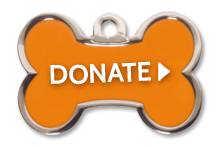Preparing for Illness with Your Pets
Emergency Preparedness For Your Pets
 With all the attention given towards COVID-19 and ongoing flu season there are a few steps you can take to ensure that even in the face of illness, your furry family members still get the care and protection they need.
With all the attention given towards COVID-19 and ongoing flu season there are a few steps you can take to ensure that even in the face of illness, your furry family members still get the care and protection they need.
First of all, practice good hygiene to limit the spread of viruses and bacteria at all times. The CDC recommends washing your hands for at least 20 seconds with soap and warm water or using an alcohol based sanitizer; maintain a distance of at least 3 feet from anyone who is coughing or sneezing; avoid touching your face; cover your mouth and nose with your bent elbow or tissue when you cough or sneeze; and If you have fever, cough and difficulty breathing, seek medical care early.
The good news is that there is no evidence that companion animals such as cats and dogs can be infected with or spread SARS-Cov-2, the virus that carries COVID-19.
The CDC recommends the following in case you fall ill: “You should restrict contact with pets and other animals while you are sick with COVID-19, just like you would around other people. When possible, have another member of your household care for your animals while you are sick. If you are sick with COVID-19, avoid contact with your pet, including petting, snuggling, being kissed or licked, and sharing food. If you must care for your pet or be around animals while you are sick, wash your hands before and after you interact with pets and wear a facemask.”
Second, make a preparedness plan for your pets:
- Identify a trusted family member, friend or pet sitter to care for your pets if someone in your household becomes ill or is hospitalized.
- Research potential boarding facilities to utilize in the event boarding your pet becomes necessary.
- Have crates, food and extra supplies for your pet on hand in case moving them becomes necessary or if the virus spreads in the community and it becomes necessary to reduce social exposure.
- All animal vaccines should be up to date in the event boarding becomes necessary.
- Ensure all medications are documented with dosages and administering instructions. Including the prescription from the prescribing veterinarian is also helpful.
- Pets should have identification including a collar with current identification tags and a registered microchip
There are several types of coronavirus, some of which can infect animals. However, COVID-19 is a beta-coronavirus and has no association with canine coronaviruses which fall into the alpha-coronavirus category.
The World Small Animal Veterinary Association reports that available canine coronavirus vaccines are intended to protect against enteric coronavirus infection and are NOT licensed for protection against respiratory infections. Veterinarians should NOT use such vaccines in the face of the current outbreak thinking that there may be some form of cross-protection against COVID-19. There is absolutely no evidence that vaccinating dogs with commercially available vaccines will provide cross-protection against the infection by COVID-19. If you have questions about how to protect your pets from illness consult with your veterinarian.
For more tips and resources visit www.blueridgehumane.org/resources/emergency-preparedness.







